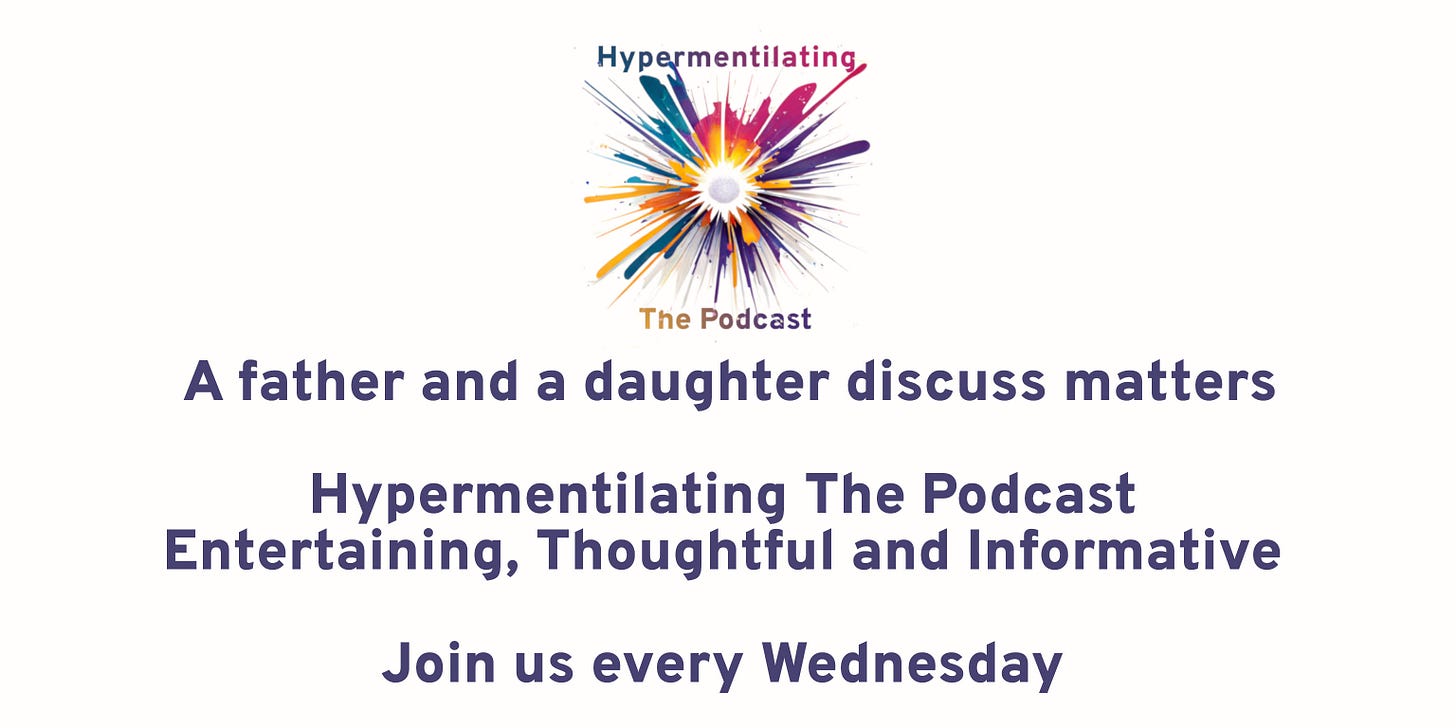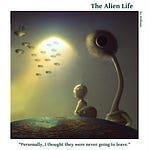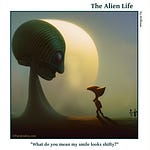from the walls of the digital cave
Hi
What is more majestic than reality? I began to grow up in books, in the promise of a world of wonders, a place for meeting with adventure. I imagined the look and feel and taste of everything at once. It lived across the page, what was more alive than that? On a perfectly sunny morning, somewhere on a winter road, I almost passed a snowy owl waiting. On a post high enough above the ground, it sat, so still, a white that can't be painted. Only one of us thought to be awed. I carry the books with me always, knowing now they were filled with descriptions of things seen and unseen, of things waiting to be looked upon.
Born to cooperate
Are we naturally good or bad?
" Fundamentally speaking, are humans good or bad? It's a question that has repeatedly been asked throughout humanity. For thousands of years, philosophers have debated whether we have a basically good nature that is corrupted by society, or a basically bad nature that is kept in check by society. Psychology has uncovered some evidence which might give the old debate a twist. "
The article is less about good or bad, to me. It’s more about positive or negative, which isn’t semantics. A thing can be a net negative to an individual without being bad. The same thing may even be a net positive for another person, and not necessarily be good.
We inherently see events as being positive, helpful, or negative, unhelpful. We may not categorize them as such, but we effectively react to them this way, if only subconsciously.
Are they something that move us forward or hinder our forward progress? I think it’s more about the innate nature of this consideration. Is the interaction we are witnessing, or part of, helpful or unhelpful?
A very interesting way to think of the nature of good and bad from the perspective of a child learning the ways the external world impacts life.
Just right
The Swedish philosophy of lagom: how “just enough” is all you need
" Lagom translates as “just the right amount.” It means knowing when enough is enough, and trying to find balance and moderation rather than constantly grasping for more. Lagom is that feeling of contentment we all get when we have all that we need to make us comfortable. It’s neither a millionaire’s splurge in Vegas, nor a pauper’s cold winter night. It means having a roof over your head, food in your belly, friends at your back, and money — just enough money — in your pockets. "
It’s not that this is some revolutionary concept. More, I’ve come across this before and I like the word. There is a great energy behind it, one of those words that has life to it beyond being descriptive.
Lagom is essentially the idea of ‘just enough.’ It’s one of those things that you can’t remind yourself of too often. That having enough is okay.
Being satisfied with what you have, feeling good about what you have, knowing that having ‘just enough’ is not a bad thing.
You don’t necessarily need more all the time. You simply don’t. Lagom is founded on the idea that the pursuit of more becomes a problem.
More than words
Simplicity or style: what makes a sentence a masterpiece?
" A great sentence makes you want to chew it over slowly in your mouth the first time you read it. A great sentence compels you to rehearse it again in your mind’s ear, and then again later on. A sentence must have a certain distinction of style – the words come in an order that couldn’t have been assembled by any other writer. "
This week’s nerd addition is specifically for the word nerds. A very nice article. Definitely subjective because everybody has their own idea of what the perfect sentence is.
Somebody might find one sentence to be too verbose, another might find the presentation too simple. It’s the idea that there does exist sentences that are somehow more sublime, that are more magnificent than others.
Sentences that have been constructed in a way that is pleasurable, or insightful, sentences you want to consider again and again. Perhaps you read it and it makes you smile.
It is a kind of wonderful that we can be imparted something that we did not know, or find a new understanding of something that you thought you already knew.
An exaltation of the possibilities of discovering beauty in the written word.
February 25, 1964
Muhammad Ali
Champion
Wiki Rabbit Hole
" Born and raised in Louisville, Kentucky, he began training as an amateur boxer at age 12. At 18, he won a gold medal in the light heavyweight division at the 1960 Summer Olympics and turned professional later that year. He joined the Nation of Islam in the early 1960s, but later disavowed it in the mid-1970s. He won the world heavyweight championship, defeating Sonny Liston in a major upset on February 25, 1964, at age 22. During that year, he denounced his birth name as a "slave name" and formally changed his name to Muhammad Ali. In 1967, Ali refused to be drafted into the military, owing to his religious beliefs and ethical opposition to the Vietnam War, and was found guilty of draft evasion and stripped of his boxing titles. He stayed out of prison while appealing the decision to the Supreme Court, where his conviction was overturned in 1971. He did not fight for nearly four years and lost a period of peak performance as an athlete. Ali's actions as a conscientious objector to the Vietnam War made him an icon for the larger counterculture of the 1960s generation, and became a prominent, high-profile figure of racial pride for African Americans during the civil rights movement and throughout his career. "
Robot fixes
Like babies and dancers, this robot learns from studying itself
" Researchers from Columbia University have successfully developed an autonomous robot arm capable of learning new motions and adapting to damage simply by watching itself move. The robot observed a video of itself and then used that data to plan its next actions—a practice the researchers refer to as “kinematic self-awareness.” This unique learning process is designed to mimic the way humans adjust certain movements by watching themselves in a mirror.
Teaching robots to learn this way could reduce the need for extensive training in bespoke 3D simulations. It could also one day make future autonomous robots operating in the real world better equipped to adapt to damage and environmental changes without constant human intervention. "
All right, this I found, in equal parts, disturbing and fascinating.
I’ve included the first two paragraphs of this article, for those of you disinclined to read it fully, because I don’t know how you could consider this and not, on some level, think: Well, that could be a problem.
Seriously, all of these brilliant new developments, these amazing advances, they feel increasingly unchecked.
The robots are becoming able to self-correct, to repair themselves, to learn from their behaviours, without any input from humans. Can you not see the potential for disaster in that?
I mean, come on, you don’t even have to be a sci-fi fanatic, you just have to be a person who’s thinking that you might not want your robot butler wandering around the house learning things and making decisions.
It’s a good article beyond that. Interesting.
At one point, they postulate how amazing it would be if you had a self repairing vacuum robot. Sure, yeah, that would be amazing. You know what wouldn’t be amazing? A self repairing robot assistant who decided I was a problem.
Not a dream
Why do we twitch in our sleep?
" And so it took years to get the methods going. But what we started to see is that every time the animal twitches, 10 milliseconds later, the part of the brain that’s responsive to sensory input for that limb shows a huge burst of activity. So twitch, activity. Twitch, activity. Not the other way around. This is a sensory signal, right? So this timing here matters. If you have a twitch, and then you get a burst of activity in the brain after that twitch, then you have a pretty good idea that that’s a sensory signal that you’re picking up on. "
This is an interesting article about the cause or, in this case, the cause and effect, of sleep twitching.
From strong evidence, it appears that it’s not the dreams causing the twitches. It’s the twitches that cause the dreams.
The twitches are the result of sensory input. Something sensorial happens and that generates an impact on, in, the brain, not the other way around.
That’s about as removed as possible from what most of us have probably always assumed. I definitely believed that the twitching was dreaming related.
Your dog’s running, you’re running or the person that you’re watching sleep is running, probably from you because you’re watching them sleep. All active in their dreams, so active in reality.
The research suggests it’s the system bootstrapping, that the system is testing itself. While you’re sleeping, the system is trying out different things, testing its processes and sending information to the brain.
It’s your system learning about itself. So, essentially, while you’re twitching, you’re experimenting with different sensory input and then getting a reaction in the brain.
The theory is, in part, supported by the understanding that we twitch less as we get older. The sleep twitching appears to be part of a process of learning, of getting sensory input and processing it as data in our brain for future use.
Alive under water
Seals, sharks and spiny squat lobsters: Underwater Photographer of the Year 2025
" Herrero captured the special relationship between a mother humpback whale and her newborn calf in French Polynesia. ‘For me, this photo really shows a mother’s love and communicates the beauty and fragility of life in our ocean. The mother is accompanying her calf to the surface, because the baby is still so small and clumsy. The calf is releasing a few bubbles showing it is still learning to hold its breath properly.’ "
This week’s instalment of the animal kingdom is a collection of amazing photos, which, as I mentioned before, I never get tired of.
They’re just beautiful. Through them, you can still witness a reality you might not otherwise be privy to. A real representation of the world.
So, as I’ve said before, enjoy this while we can still look at a photo and say, yeah, that’s actually a part of the world we live in.
"When you're a student, you're judged by how well you answer questions...But in life, you're judged by how good your questions are."
Robert Langer
For anyone looking, it's a new day always
it's your life
you understand
Feel free to share Change Happens with anyone you think might enjoy it, and have a most excellent day


















Share this post